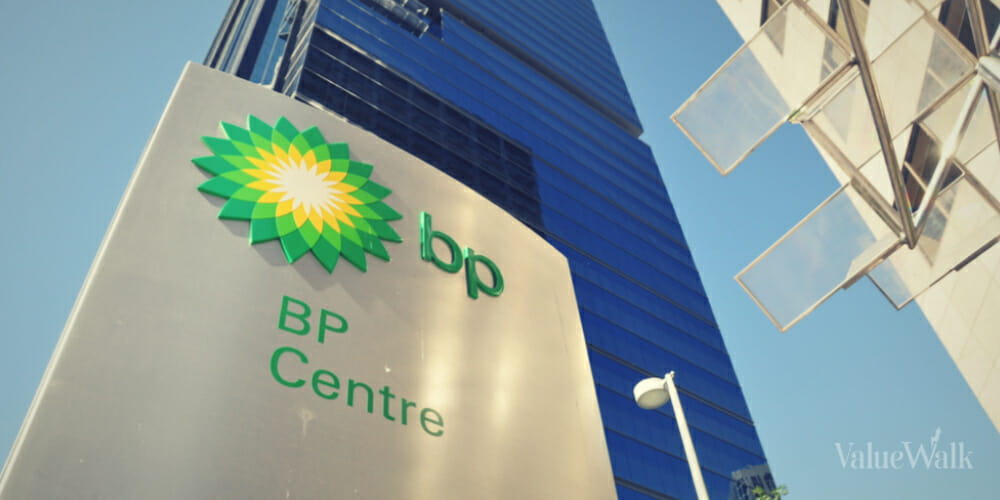BP plc (NYSE:BP)’s first-quarter revenues were up from $49.3bn to $56.2bn, with the rise largely reflecting an exceptional performance from gas marketing and trading.
Underlying replacement cost profit, BP’s headline measure of profit from operations, was down 19.4% to $5.0bn. The gas marketing and trading performance also fed through to profits, but was not enough to offset lower oil and gas sales.
Free cash flow fell from $5.3bn to $4.0bn, and net debt came in $6.2bn lower at $21.2bn.
BP expects second quarter oil and gas prices to remain high, but sees lower refining margins across the industry.
$2.2bn of share buybacks were completed in the quarter, with a further $1.75bn planned before the release of second quarter results. A dividend of 6.61 cents per share was declared.
The shares fell 4.4% following the announcement.
BP’s Earnings
“In the first quarter average prices for all sales of fossil fuels fell by 15% but despite this BP still managed to keep cash flowing freely. This is supporting an increase in the dividend and a renewed commitment to share buy backs.
BP’s full year guidance remains in-tact, and given the full year $4bn buyback target is based on an average oil price of $60, there is a fair bit of wiggle room even after recent price moves. In the short-term BP is bullish on the pricing outlook, but Q2 could still be challenging with downtime concentrated amongst its higher margin fields.
Progress is also being made strategically. The $1.3bn acquisition of TravelCenters of America brings growth opportunities for EV charging, biofuel and, later, hydrogen. And on EV charging BP is also partnering with the likes of Iberdrola and Uber.
Carbon capture and green hydrogen projects are also underway. But in the short term we think fossil fuels will still be the key profit driver and that’s not lost on BP’s management either. Its had bid success on new acreage in the Gulf of Mexico and two new wells are expected to start flowing gas to India in the second quarter.
The market has not taken kindly to the fall in profits, and the rest of the year could still present some challenges. However, the valuation is not overly demanding, and BP continues to invest in the future of both fossil fuels but also beyond. It remains to be seen if the greener side of the business can generate the same level of returns.”
Article by Derren Nathan, head of equity research at Hargreaves Lansdown












